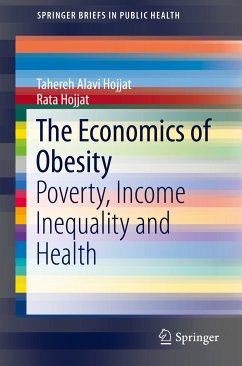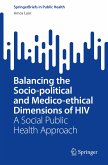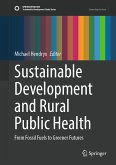This book offers a new perspective about the relationship of obesity to poverty and inequality providing a fascinating insight into the factors that influence individual choices regarding eating habits, diet and other behavioral patterns relevant to obesity. The authors explore a unique socioeconomic model that helps build the framework to understand the causes of obesity and its relation to health, science, and economics. An essential read for policy makers who are seeking a framework to address this problem.
Dieser Download kann aus rechtlichen Gründen nur mit Rechnungsadresse in A, B, BG, CY, CZ, D, DK, EW, E, FIN, F, GR, HR, H, IRL, I, LT, L, LR, M, NL, PL, P, R, S, SLO, SK ausgeliefert werden.









